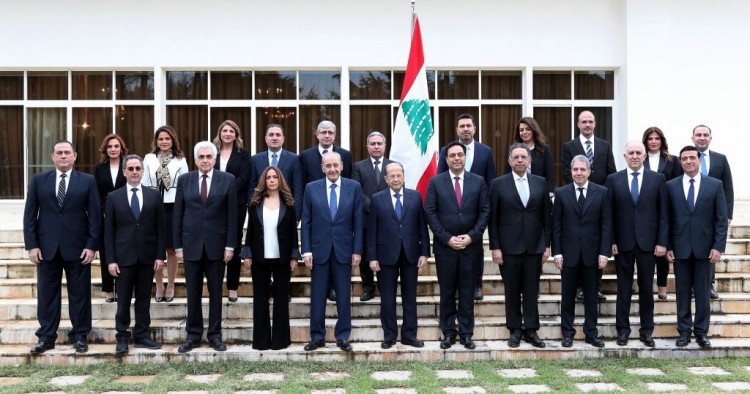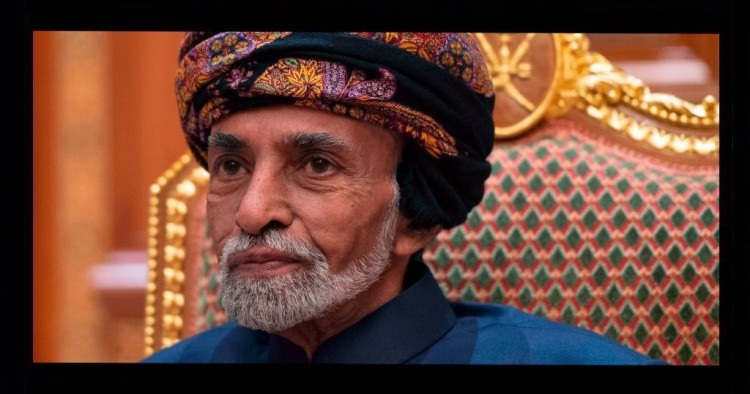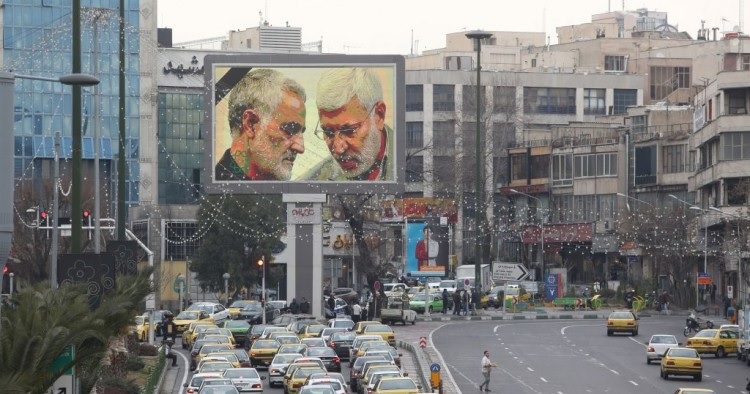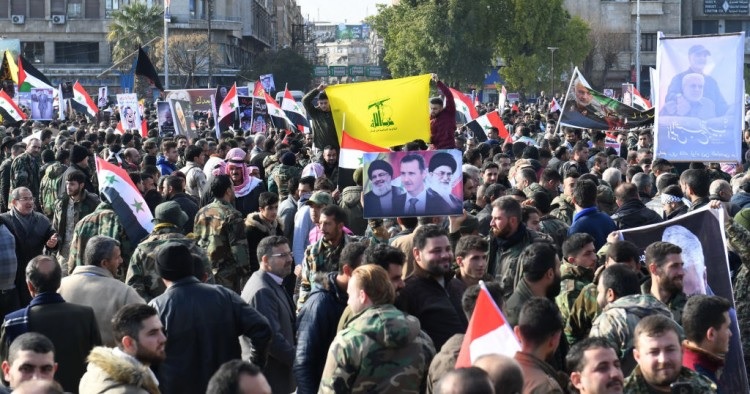Lebanon’s inconvenient truths

By any objective standard, the Lebanese protest movement has failed. This is not necessarily an indictment against it. Rather, it’s a reality one cannot and should not ignore. The responsible thing to do now is to try to understand why it has fallen flat, despite more than 100 days of demonstrations in various regions of the country, including the capital, Beirut.
Read More
The real cost of US-Iran escalation in Iraq

As an Iraqi American who lived through the 1991 Gulf War and 2003 U.S.-led invasion to bring about regime change, I have witnessed firsthand how U.S. wars in the region can break out when Baghdad and Washington fail to understand each other’s intentions and motives.
Read More
Trump and Iran’s Revolutionary Guards after Qassem Soleimani

Iran and the U.S. were on a collision course as soon as President Donald Trump arrived at the White House in January 2017. The U.S. pulled out of the Iran nuclear deal in May 2018 and re-imposed crippling sanctions on Tehran. The Iranians, desperate to regain some leverage and break the back of the sanction regime, countered from May 2019 on with a series of actions, including hit-and-run attacks on vessels in and around the Persian Gulf, shooting down a U.S. drone in June, and daring and unprecedented missile attacks on two Saudi oil facilities in September. The cycle of escalation was a high-risk strategy for both sides. The Trump administration, unwilling to ease up on its “maximum pressure” campaign until Tehran came to the table to negotiate comprehensively about the issues of concern to the U.S., opted to put Iran on notice.
Read More
US-Iran escalation and its implications for the South Caucasus

Over the past several weeks geopolitical experts have been talking a lot about what the surprise U.S. drone attack on Iranian Gen. Qassem Soleimani, head of the Islamic Revolutionary Guard Corps (IRGC) – Quds Force, on Jan. 3 means for the Middle East and relations between the major powers. What has received considerably less attention, however, is what Soleimani’s killing means for the South Caucasus, a region whose small size belies its strategic importance.
Read More















